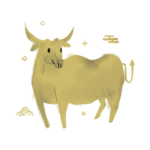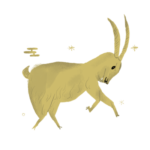
The Lunar New Year, or Spring Festival, marks the transition of the Chinese zodiac sign from one animal to the next. 2023 sees in the Year of the Rabbit, which begins on January 22. In Chinese culture, the Rabbit is a symbol of longevity, peace and prosperity. 2023 is predicted to be a year of hope.
People born in the Year of the Rabbit are believed to be vigilant, witty, quick-minded and ingenious.
Are you a rabbit?
Birth Years: 1939, 1951, 1963, 1975, 1987, 1999, 2011, 2023
Rabbits are sincere in everything they do, only asking that others treat them the same way. To those who don't know them personally, the Rabbit's kindness can make them appear soft and weak. In truth, the calm personality of the Rabbit hides its confidence and strength.
The Five Elements Theory
The Five Elements Theory is a Chinese philosophy used to outline the relationships of everything in the universe between which interactions can occur. The five elements - wood, fire, earth, metal and water - are believed to be the fundamental elements of all these things.
The cycle of the five elements runs in a specific order and can be remembered by noting the different processes of creation and destruction that precede or succeed them.

The Five Elements Theory asserts that the world changes according to the five elements generating or overcoming relationships. Generating and overcoming are the complementary processes - the yin and yang - of The Five Elements Theory.
Generating processes promote development, while overcoming processes control development. By promoting and restraining, systems are harmonised and balance is maintained.
Every year is associated with an element. To figure out which element is associated with your birth year, take the last number of your birth year. For example, 2023 is the water element, so those born in that year are Water Rabbits.

Using the Five Elements Theory to boost good luck
Rabbits - add earth in the northeast
Rabbits need the earth element in their life - but out of sight. Rabbits should hide a jade item northeast of their bedrooms to bring good luck. It is believed that jade, buried in the earth for thousands of years, is the essence of heaven and earth.
Lunar New Year calendar 2023
Lunar New Year celebrations traditionally last for 16 days, from Lunar New Year's Eve to the Lantern Festival. In mainland China, the first seven days - from January 21 to 27 in 2023 - are public holidays.
January 21: New Year's Eve
The most important celebration includes the family reunion dinner, and staying up until midnight
January 22: New Year's Day
A day for visiting or greeting family and relatives, and giving presents.
January 23: In-Law's Day
Married women visit their parents with their husbands and children
January 24: Day of the Rat
An ominous day, so it’s common to stay at home, rest with family and play games
January 25: Day of the Sheep
An auspicious day, for prayer and giving offerings, or going to temples or fortune-tellers
January 26: Break Five
Commonly accepted as the day when taboos (from previous days) can be broken
January 27: Day of the Horse
Believed to be the best day to get rid of old, unwanted things. Also an acceptable day to resume work
January 28: Day of Mankind
Believed to be the day people were created. It is encouraged to spend it out in nature
January 29: Day of the Grain
Good weather on this day will symbolise good crops for the year. Many families will have a second “mini” reunion dinner
January 30: Providence Health
The Jade Emperor’s birthday, on which people give offerings, light incense and set off firecrackers
January 31: Stone Festival
The birthday of the “god stone”, similar to the previous day’s rituals
February 1: Son-in-Law Day
Fathers are expected to “entertain” or treat their sons-in-law on this day
February 2-4: Lantern Day Preparations
Preparations for the Lantern Festival: cooking and making lanterns
February 5: Lantern Festival
Marks the end of the festival. Lanterns are lit and hung or flown, dragon dances take place in the streets and children answer lantern riddles
Celebrities born in the Year of the Rabbit

Famous fictional rabbits

Facts about Lunar New Year
A quarter of the global population celebrates it
More than 2 billion of the world’s 8 billion population will celebrate Lunar New Year in 2023. Countries that have public holidays during Lunar New Year include China, Indonesia, the Philippines, Vietnam, South Korea, Malaysia, North Korea, Singapore and Brunei.
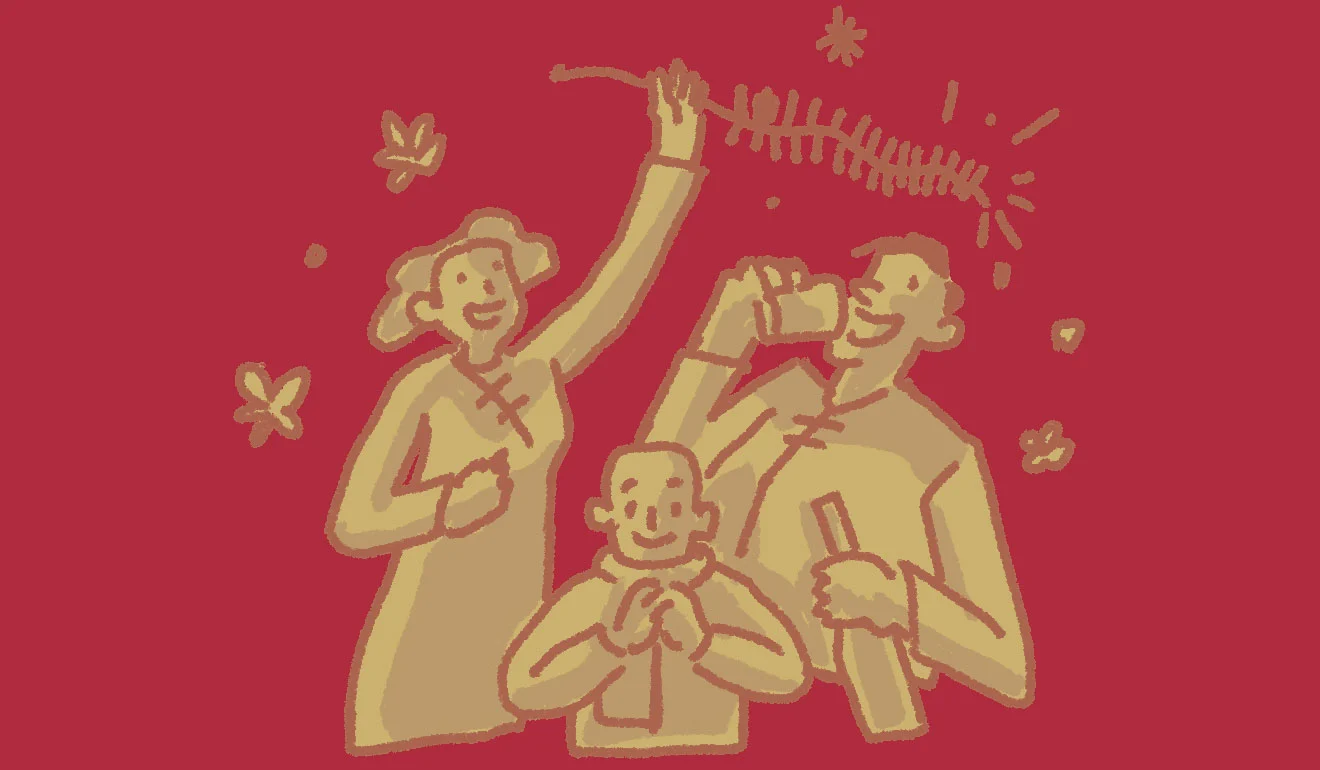
8 billion red envelopes
It wouldn’t be Lunar New Year without the tradition of giving red envelopes to children and single, young relatives. Every year, about 8 billion red envelopes are given within Chinese families worldwide. Each envelope contains an even denomination of cash or chocolate coins, which both symbolise good fortune and wealth for the new year.
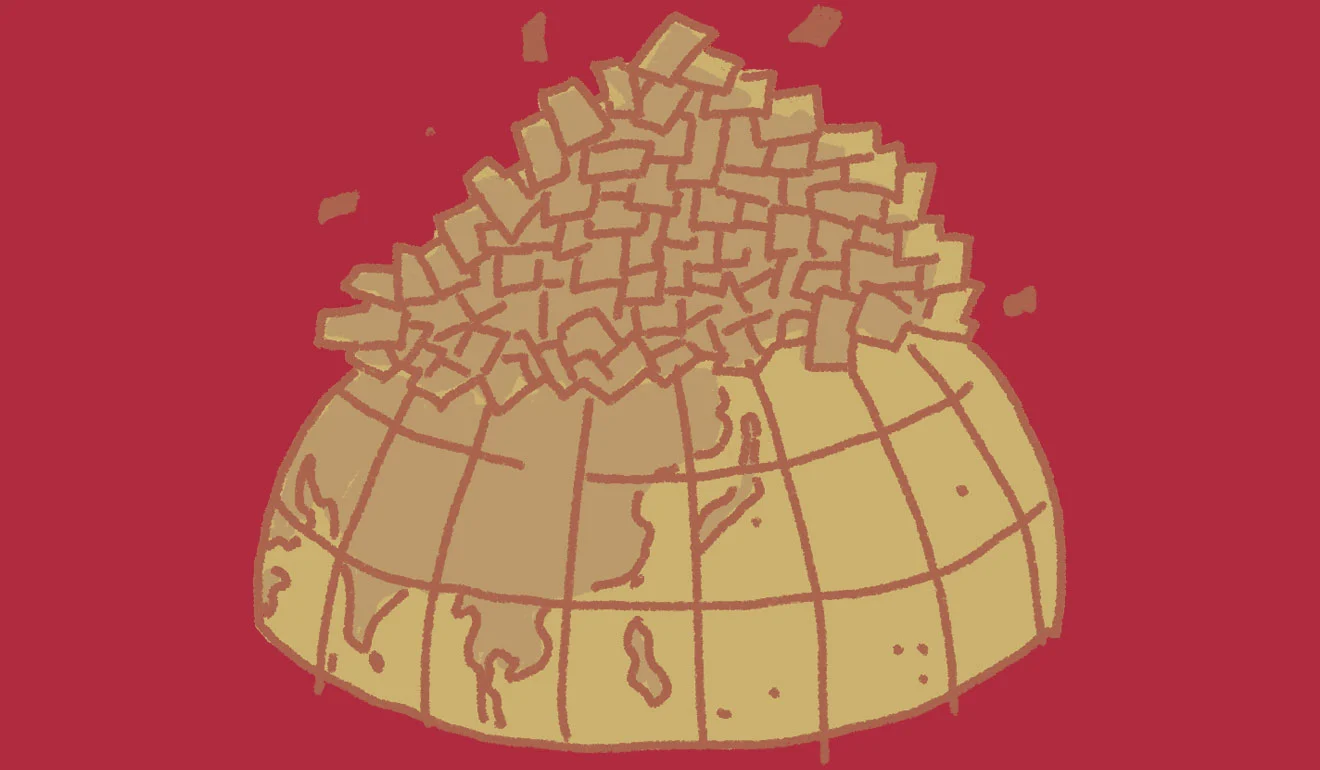
Kung Hei Fat Choi
It is the most common greeting in Hong Kong during Lunar New Year. Kung Hei means congratulations, while Fat Choi means making a fortune. It is said that the phrase originated in the Guangdong region during the Self-Strengthening Movement (1861–1895), Chinese workers wished their foreign bosses prosperity during the New Year and thus achieve a greater share of the profits in the next term.

Lunar New Year taboos
Chinese people traditionally believe that a good (or bad) start to a year will affect the whole year and there are many things you should not do. Some of these taboos will only last for the first few days of the festival (such as getting your hair cut or washing your clothes or hair), while others run until the Lantern Festival on the 15th day of the first lunar month. They include:
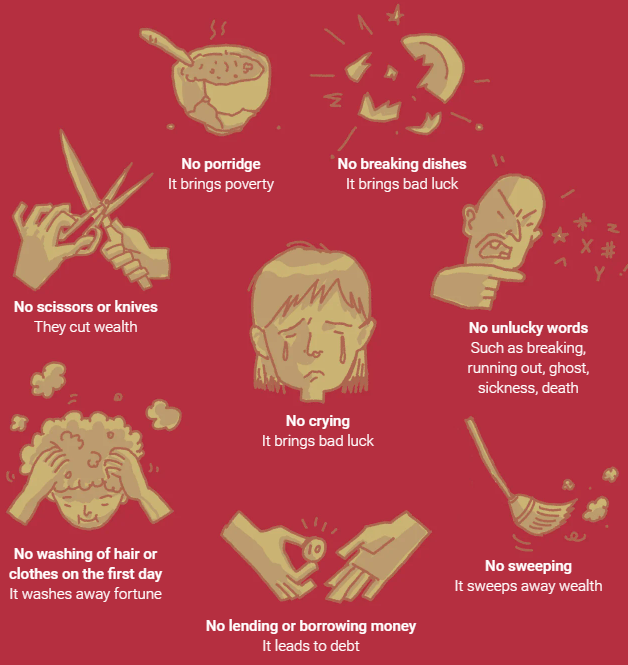
ARTICLE FROM: SCMP




